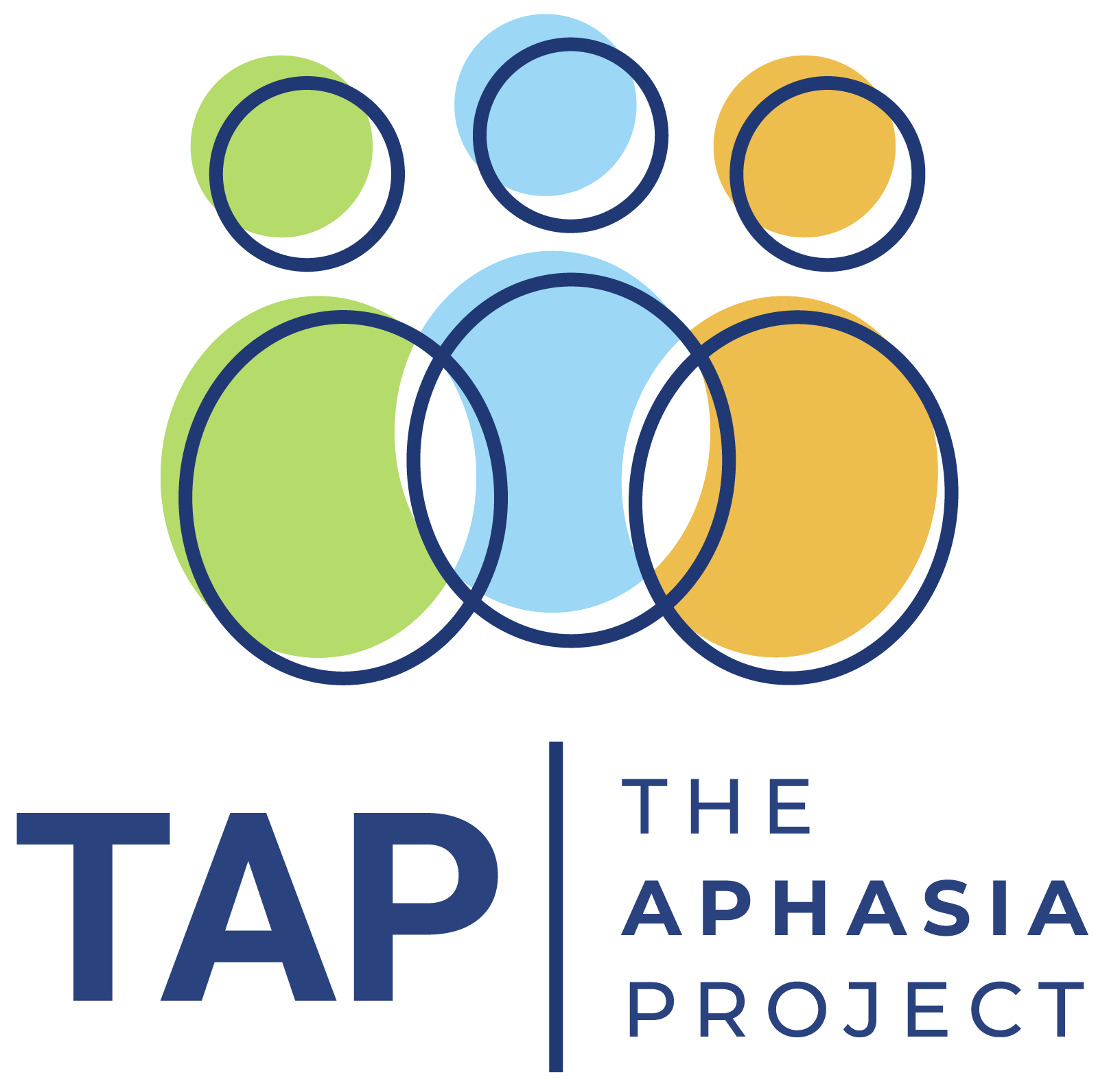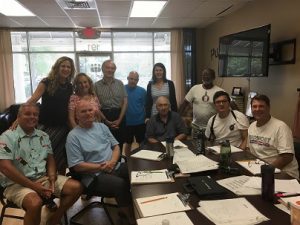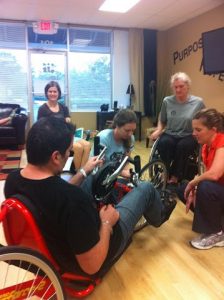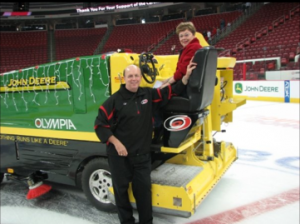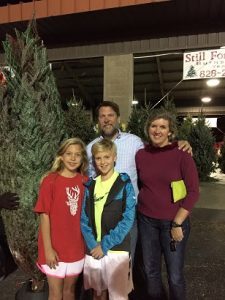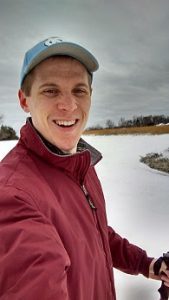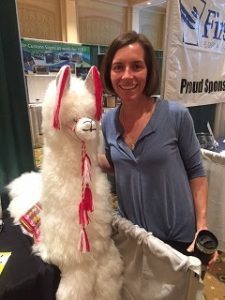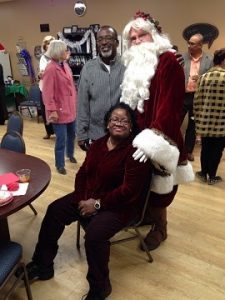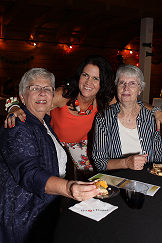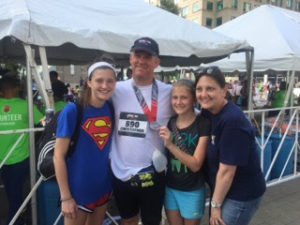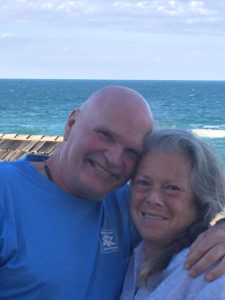~ Abbe Simon.
Friendship, God, Laughter, Physics, Photography. These are the words some of our TAP clients used to describe their “gifts” during this holiday season. These are the gifts they consider their own, not gifts to be given or to receive. Rather than think about exchanging or buying presents, our group thought about how lucky we are to have inner “gifts” to share with those around us.
TAP has been a gift to me. When I surround myself with people who, despite their aphasia, demonstrate understanding, compassion, patience, hope, and engagement I feel lucky. As a speech language pathologist with twenty years of experience, I continue to want nothing more than to provide support for people with aphasia and their families. TAP allows me to give my “gift” of helping others and at the same time, receive the gifts that each member and staff person gives. Each group at TAP, whether at our main Hub in Cary, or throughout the state, fosters an environment that promotes comfort, support, and opportunity. My three years at TAP has allowed me to form relationships that not only help the dynamic of each Aphasia Day, but make me want to provide the most appropriate and relevant support that each client deserves.
